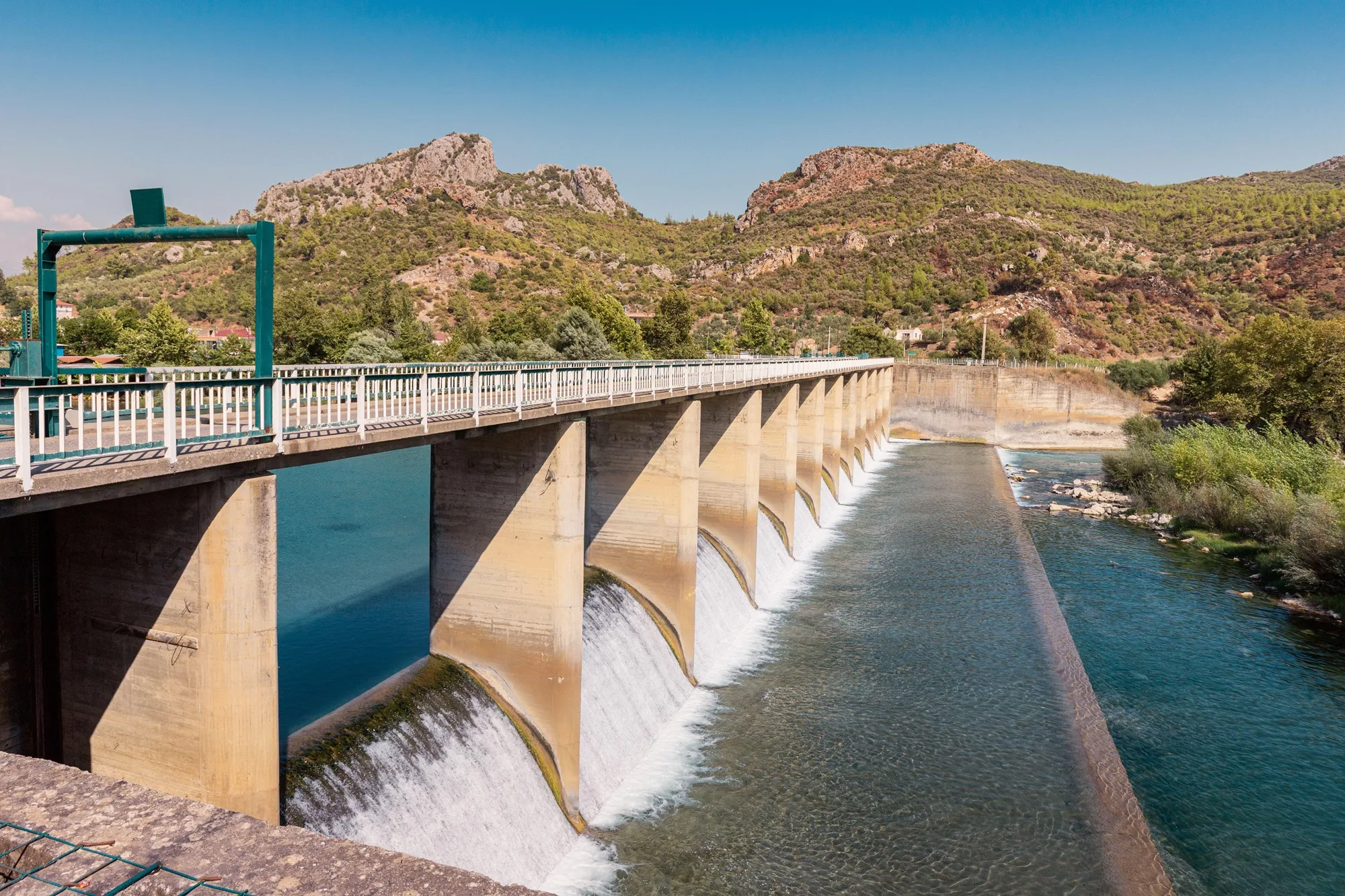Generation

Turkey’s hydroelectric operators push solar to deal with drought

Turkey’s renewable energy sector is looking to its government to ease restrictions on developing hybrid power generation capacity, in particular wedding solar panels with existing hydroelectric plants.
The sector wants authorities to remove limits on hybrid plant installations, such as having floating solar panel arrays on dam water surfaces.
This would both increase generation capacity and sustain revenue streams and output for hydroelectric power plants struggling with production as a result of drought, Elvan Tuğsuz Güven, president of the Hydroelectric Power Plants Industry Businessmen Association (Hesiad) told a press conference in Istanbul on September 18.
“Such a step would increase the resilience and sustainability of hydroelectric power plants that are facing increasingly difficult financial liabilities and would be a lifeline to overcome a difficult period,” she said.
To date, Turkish energy regulators have focused on single-source energy projects, rather than those combining more than one generational option.
Hydroelectricity facilities have almost 32,300 megawatts of installed capacity, accounting for 27 percent of Turkey’s total, and 46 percent of installed renewable energy capabilities.
However, with sustained drought conditions across much of the country, hydroelectricity’s input to the total power mix has fallen, representing just 20 percent of output in the first seven months of 2025, according to Hesiad data.
Hybrid power options provide distinct advantages for Turkey, with a strong cost benefit for investors, a report issued by international energy think tank Ember in late June indicates.
While installing solar generation capacity at sites such as Turkey’s hydroelectric facilities will add to output, such measures would not increase infrastructure costs, the report said: “Hybrid power plants, which use the same transmission lines as existing facilities and do not require new grid investments, have the potential to revive the energy transition that has been slowing down in Turkey due to grid capacity constraints.”
By deploying hybrid capacity, Turkey could increase its installed solar capacity by at least 35 percent, without having to make significant investment outlays for infrastructure, the report said, with 46 percent of this potential increase to be had through developments at hydroelectric reservoirs.
To achieve this, however, Güven said there was the need for higher levels of integrated planning to balance competing demands on Turkey’s limited water stocks.
“Of course, our drinking and irrigation water needs must be met first,” she said. “However, we also need to manage resources while taking into account our continuing energy needs.”
With water flow to Turkey’s dams dropping 31 percent in the January to August period, Hesiad has warned that without investing in hybrid options, the sector could struggle to meet those needs.












